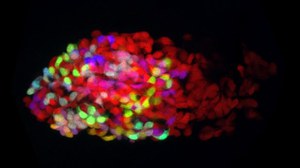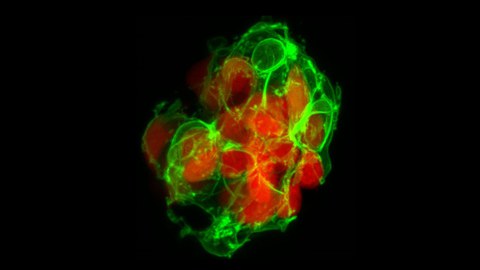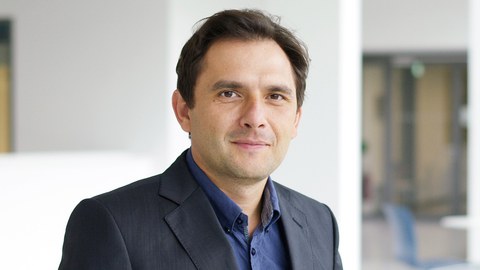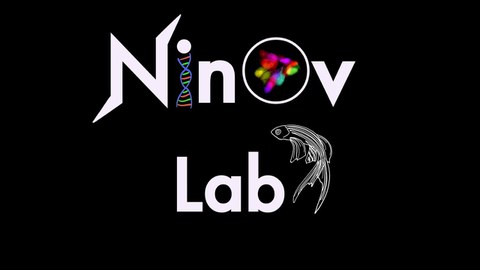TOWARDS IN VIVO REGENERATION OF BETA-CELLS AS A FUTURE THERAPY FOR T1D
The pancreatic β-cells are the key metabolic sensors and effectors for insulin release, which is the only hormone known to lower blood glucose concentrations. Type 1 diabetes mellitus is an autoimmune disease characterized by the destruction of beta-cells in the pancreatic islets, leading to insulin deficiency and hyperglycemia. In contrast, type 2 diabetes commences with insulin resistance followed by beta cell loss and hyperglycemia. Restoring functional β-cell mass is recognized as a promising therapeutic avenue towards normalizing glycemic control in both type 1 and 2 diabetics. Thus, our research goal is to understand the molecular and cellular events required for pancreatic β-cell regeneration, and apply this knowledge towards the development of cell replacement therapies for diabetes.
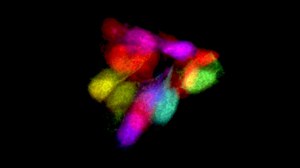 © Prof. Dr. Nikolay Ninov
© Prof. Dr. Nikolay Ninov
Our research: Towards in vivo regeneration of beta-cells as a future therapy for T1D
To advance our knowledge on β-cell regeneration, our strategy involves four research arms:
- Intra-islet cooperation and coordination: we apply in vivo imaging and optogenetics to characterize β-cell function in the living animal under homeostasis and in models of diabetes. We have identified a critical subpopulation of β-cells, called leader cells, which guide the response of the rest of β-cells to glucose. We are exploring the role of leader cells in diabetes progression and islet dysfunction.
- Regeneration and cell plasticity: we are establishing an atlas of the cellular sources and pathways that regulate the regeneration of β-cells in vivo trough cell conversion. Our goal is to define the molecular principles and cell-signaling interactions that coordinate the plasticity of cells in the pancreas.
- Immune cell interactions: we are exploring the role of different immune cell types in the control of beta-cell renewal and regeneration. To this end, we have also established genetic models to visualize immune cell interactions in the pancreas.
- β-cell protection from stress: we are discovering pharmacological means to protect the β-cell from dysfunction in new models of diabetes followed by validation in human β-cells. To this end, we have established models that emulate the β-cells stress that takes place in diabetes.

